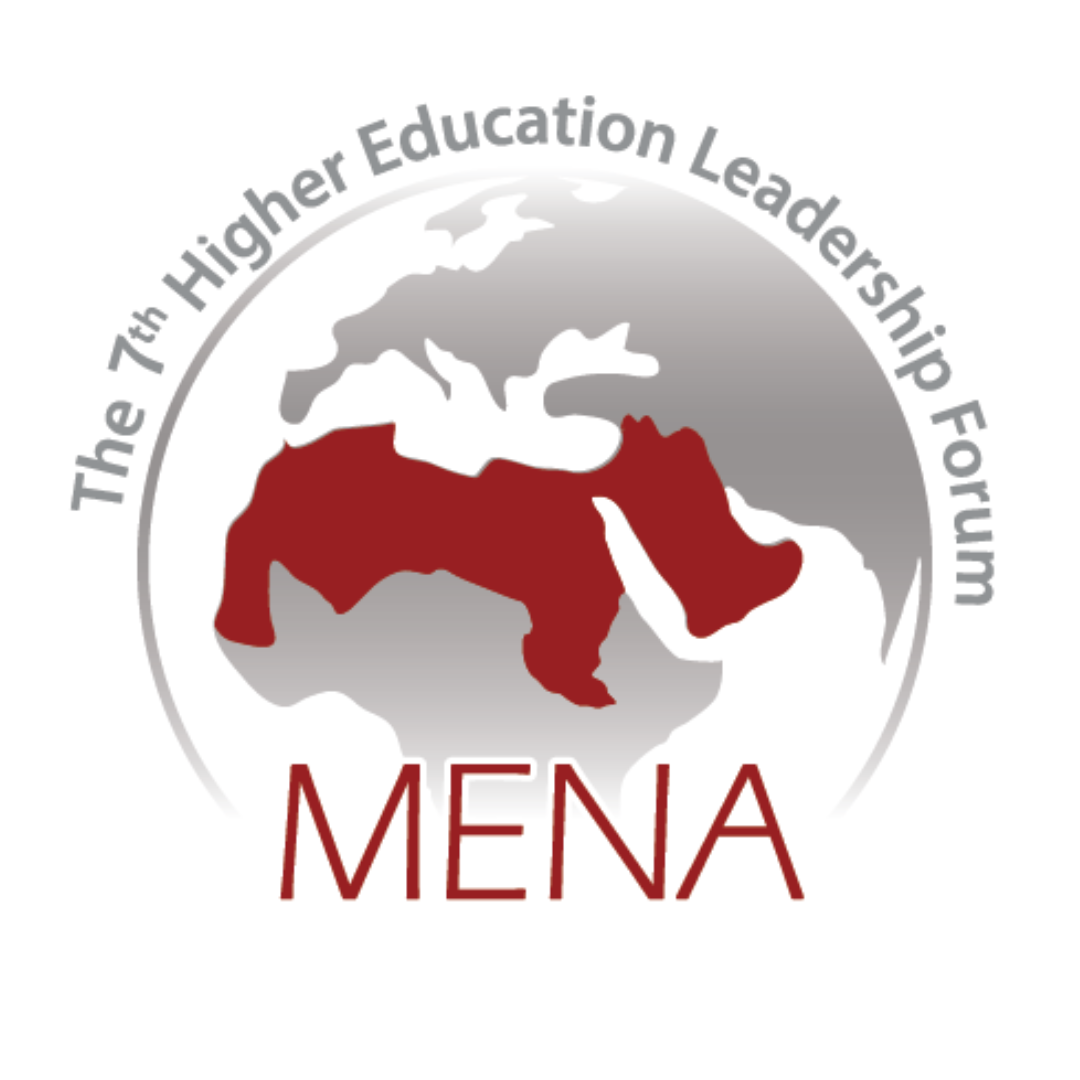Aims
The aim of this workshop is to co-create a set of principles that can form the basis of institutional strategy for learning, teaching and assessment with AI.
Context
Artificial Intelligence (AI) is changing the way we work and learn. Higher education providers will play an important role in preparing people for future employability by supporting them to develop the skills and knowledge necessary to work with, and make responsible use of, AI. This highly interactive session aimed at institutional leaders will invite discussion on the purpose of higher education and what attributes graduates will need to be successful in an AI driven workplace. This will lead to a discussion on the extent to which we need to integrate AI into learning, teaching and assessment to provide authentic experiential learning. The facilitator will guide participants to draw out key principles that could form the basis of an institutional policy or teaching and learning strategy in the era of AI.
Outcomes
At the end of the workshop, participants will have:
- Reflected on their personal and their institution’s approach to generative AI
- Explored the benefits and challenges of generative AI tools to support learning, teaching and assessment
- Co-created principles for students and staff working with AI that could be used to inform their own policy or strategy development
- Worked with a co-creation approach that could be adapted and adopted at their home institution
Why join this workshop?
This workshop will provide you with the opportunity to discuss with your peers from across the HE sector the impact of generative AI on higher education: assessment methods, how students learn, and how and what is taught. The workshop will use a co-creation approach to facilitate the generation of principles that could be used to inform the development of your own institutional practices.

